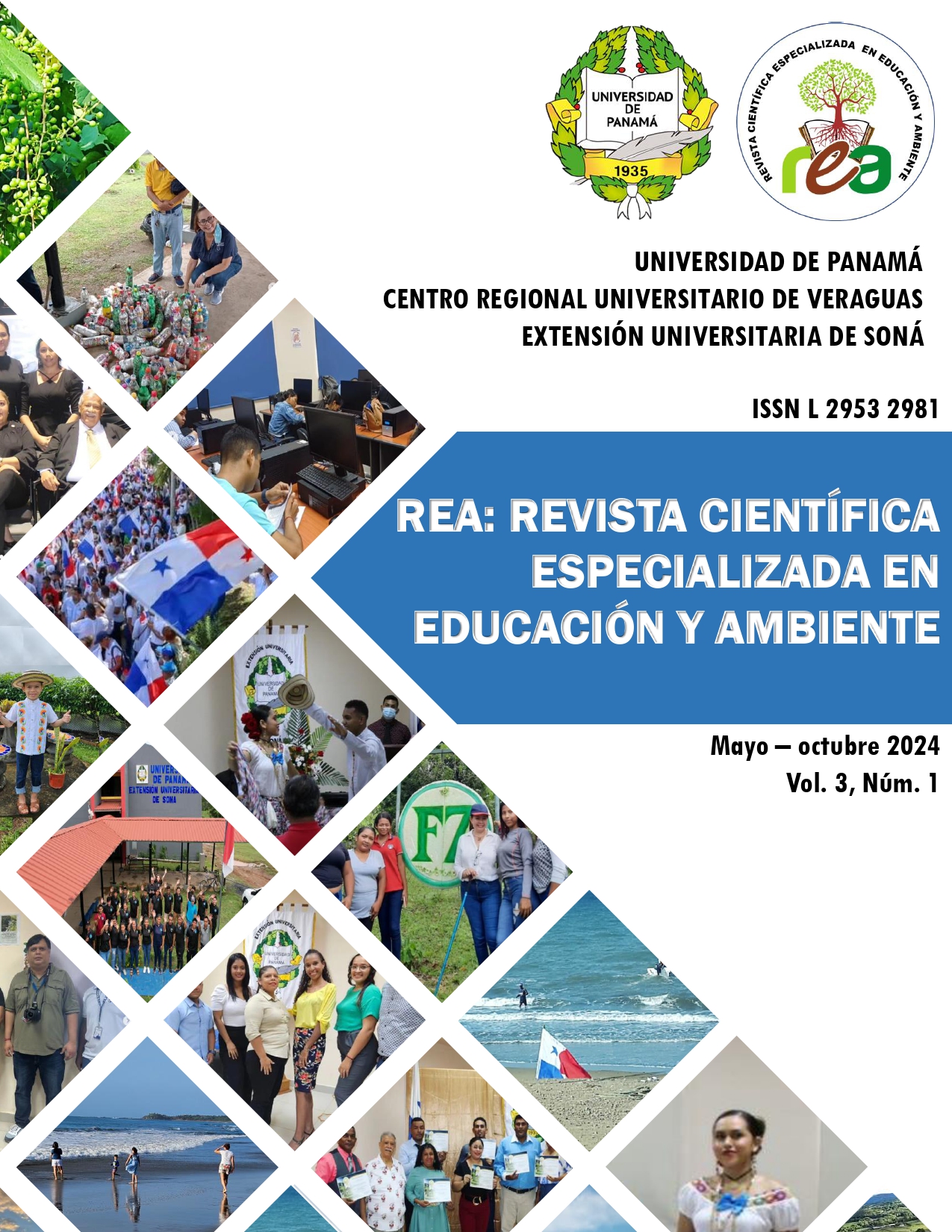

This writing reflects the public school and social projects, their relevance in society as a learning institution. It is a qualitative study, with an ethnographic and cartographic bias. As research instruments we have dialogued interviews and observations. We worked with a group of three girls aged 12 to 14, from the CRAS Project: Coexistence and Strengthening Bonds, in the city of Russas/Ceará/Brazil. The interviewees speak as a form of expression and manifestations of subjectivity and construct new forms of territory. Cartography made it possible to see the school without being at the school, to give new meaning to understandings and to revive other experiences and feelings. Deleuze's contributions to education, on the gender perspective of the debate in Brazilian society and the insertion and participation of the school institution. The displacements emit a strong echo of Deleuze's proposal for rhizomatic education and minor education and the school's actions.